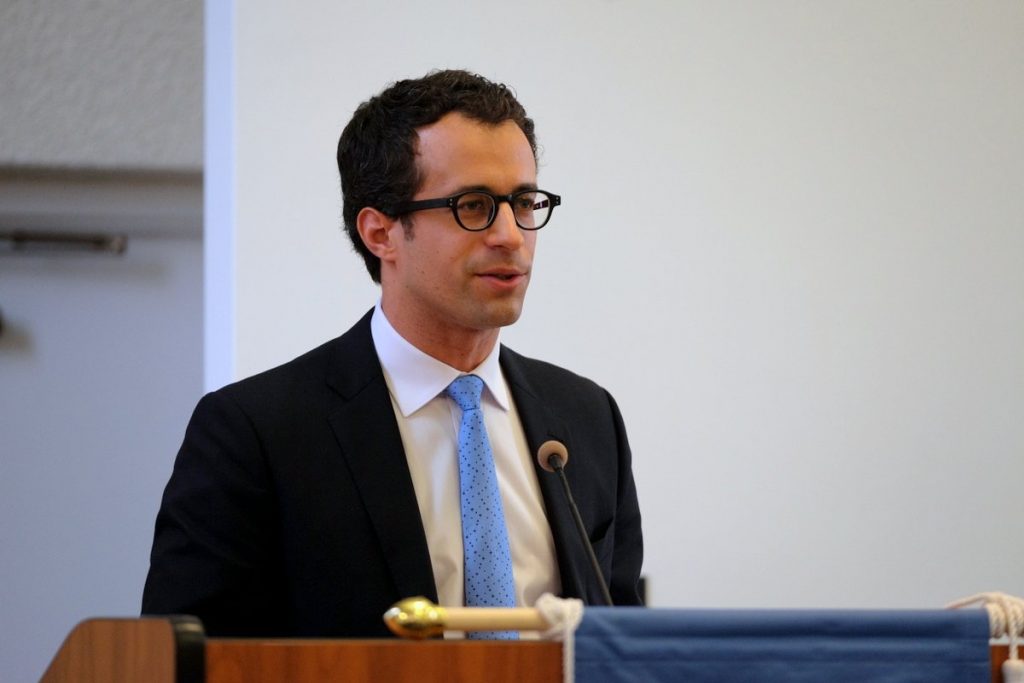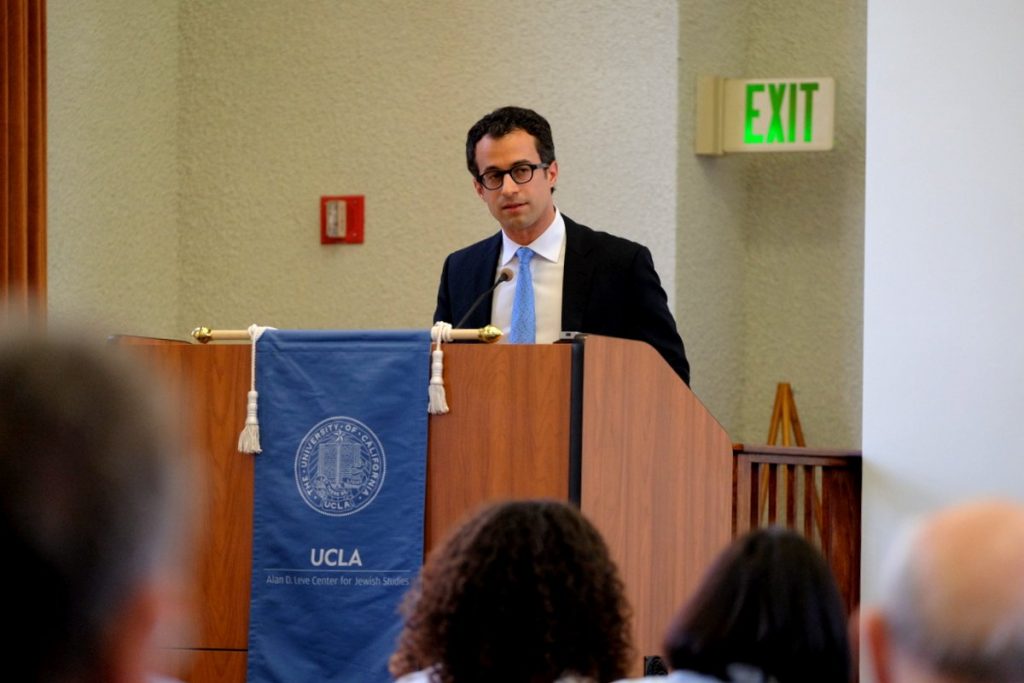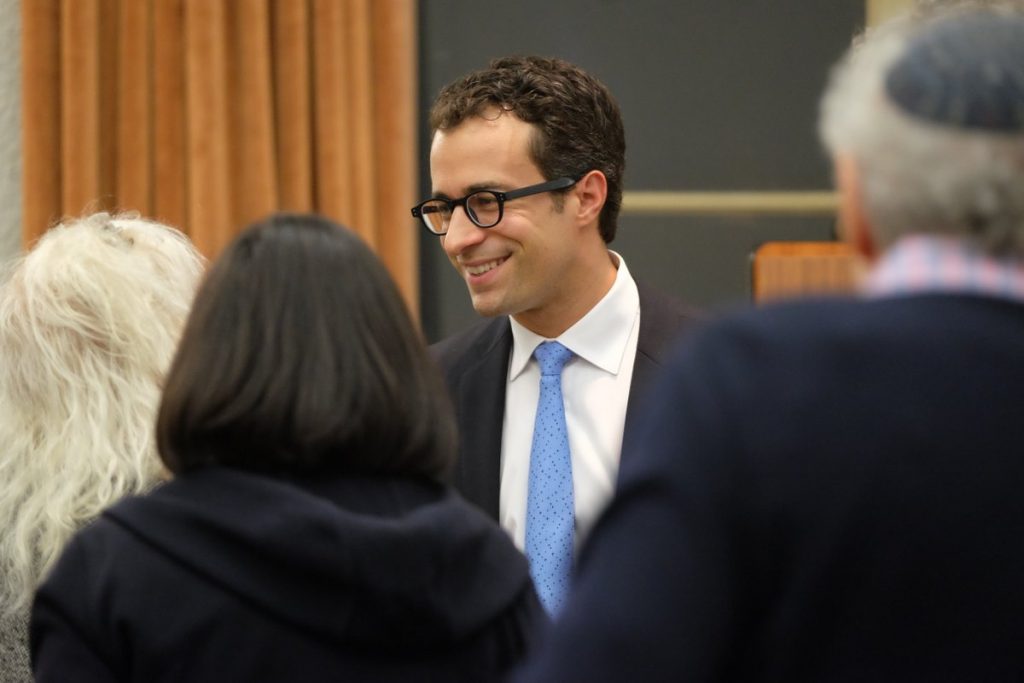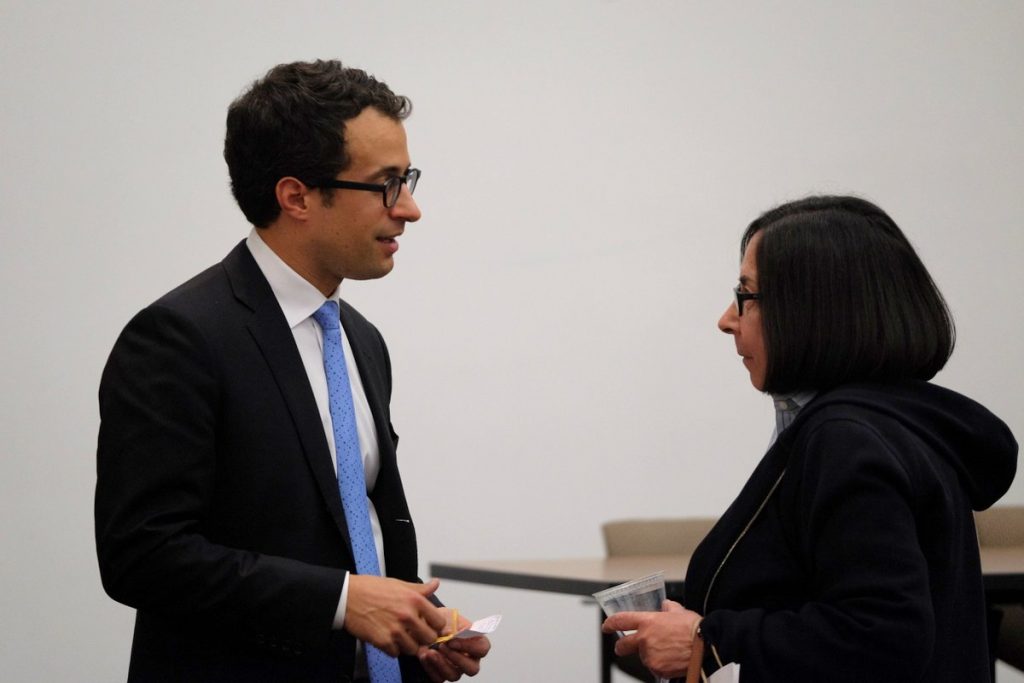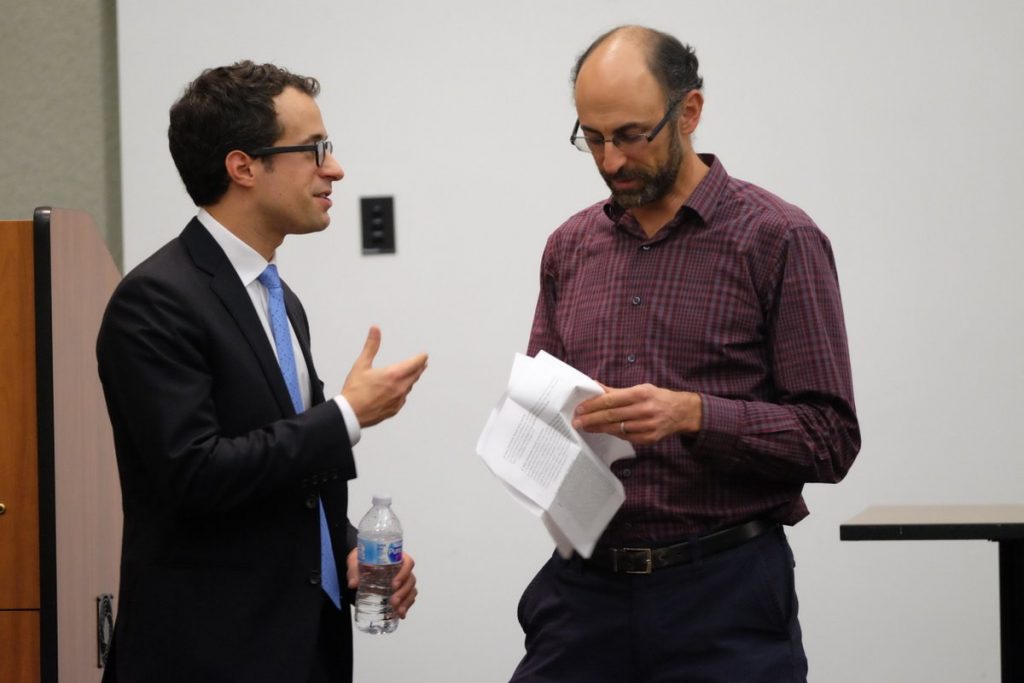In the wake of their banishment from Spain in 1492, after nearly 1500 years on Iberian soil, how did Spanish Jews think about land and the natural world? My talk explores how Sephardic Jews developed their ideas about the proper use (and improper abuse) of land. From safe havens in Italy and the Ottoman Empire, scholars such as Isaac Abravanel, Abraham Saba and others wrote copiously about agricultural practices and land management in their commentaries on biblical and rabbinic texts. The late Middle Ages witnessed drastic changes in land use on the Iberian Peninsula, in Italy, and throughout the Mediterranean: I show how Spanish-Jewish ideas about the land (the biblical Land of Israel as well as lands of the diaspora) responded to ecological realities as well as intellectual trends.
Andrew Berns is Assistant Professor of History at the University of South Carolina. His research investigates the intellectual and cultural history of Jews in the medieval and early modern Mediterranean, especially Italy and Spain. He has been the Melville J. Kahn Fellow at Villa I Tatti: the Harvard University Center for Italian Renaissance Studies; the Viterbi Visiting Professor in Mediterranean Jewish Studies at the University of California, Los Angeles; and Rose and Henry Zifkin Teaching Fellow at the Herbert D. Katz Center for Advanced Judaic Studies, University of Pennsylvania. His book, The Bible and Natural Philosophy in Renaissance Italy: Jewish and Christian Physicians in Search of Truth, was published by Cambridge University Press in 2015 and won the 2016 Howard R. Marraro Prize from the American Catholic Historical Association.
Sponsored by the
UCLA Alan D. Leve Center for Jewish Studies
Cosponsored by the
UCLA Department of Italian
